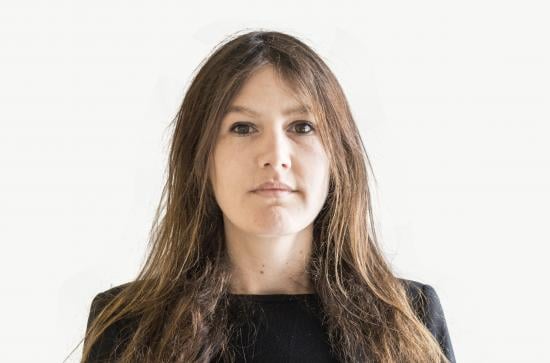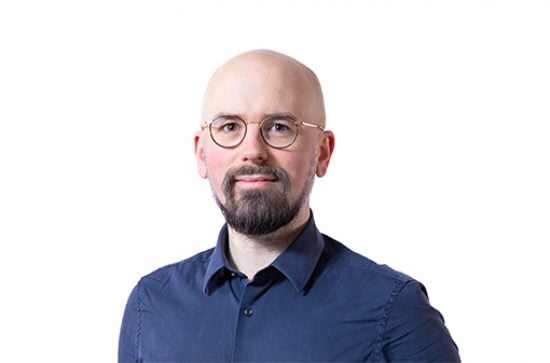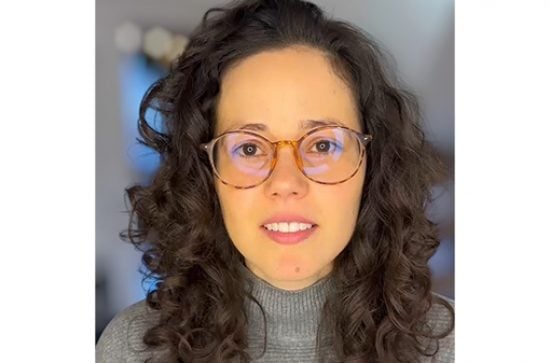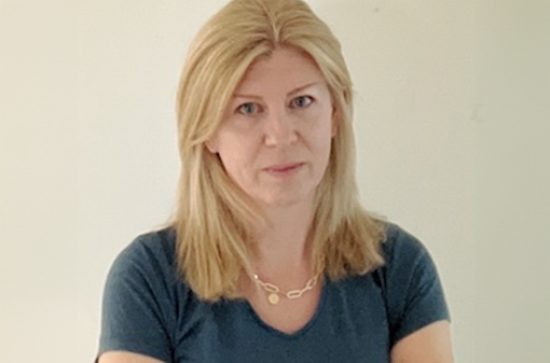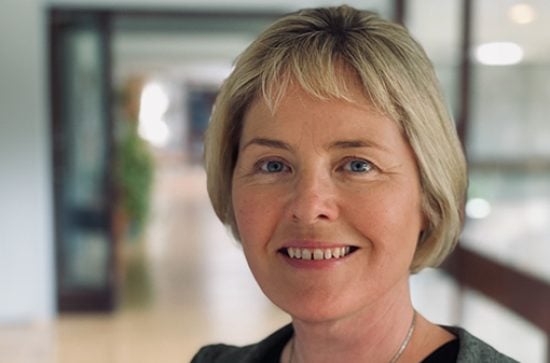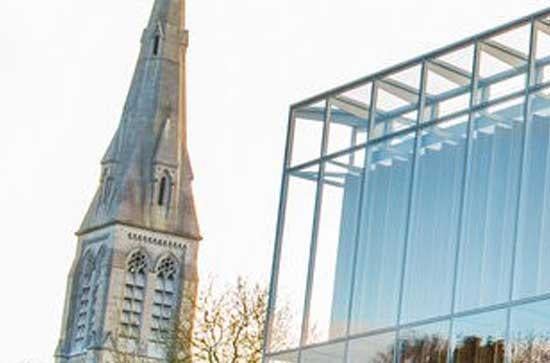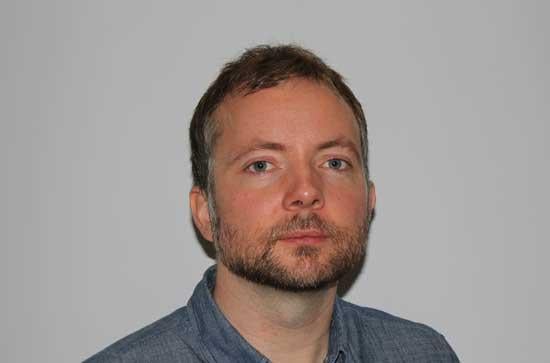Qualification : POSTGRADUATE DIPLOMA
Award Type and NFQ level : POSTGRADUATE DIPLOMA (9)
CAO/MU Apply code : MHS60;MHS61
CAO Points :
Closing Date : 30 June 2025
This nine-month postgraduate diploma (full-time) advances practical, research and analytical thinking skills while deepening creative and theoretical engagement with media of all kinds. The programme combines critical thinking and cutting-edge creative practice to tackle the challenging environment of contemporary media industries. It develops a wide range of theoretical and practical approaches across several media forms, including film, interactive media, print, broadcast TV and radio. It situates these media in their historic and social contexts, examining how people engage with them, their economic infrastructures, and technological forms, alongside hands-on practical engagement with media tools.
The programmes flexible structure also allows you to build a degree that suits you.
Students can follow one of our 3 pathways: Creative Media, Society and Justice, or History and Culture, or a programme of their own design. The programme also allows students to pursue their own interests by taking related modules from across a range of subjects available at MU.
We recommend that students register for the MA programme which gives the option to do the final dissertation/project. It is possible to decide against completing the MA: it is possible then to exit with the Postgraduate Diploma. Do get in contact to talk through your options.
This programme can be taken full-time or part-time.
Applicants must have a recognised primary degree NFQ Level 8 or equivalent honours degree) which is considered equivalent to Irish university primary degree level.
Minimum English language requirements:
Applicants for whom English is not their first language are required to demonstrate their proficiency in English in order to benefit fully from their course of study. For information about English language tests accepted and required scores, please see here. The requirements specified are applicable for both EU and international applicants.
Maynooth University's TOEFL code is 8850
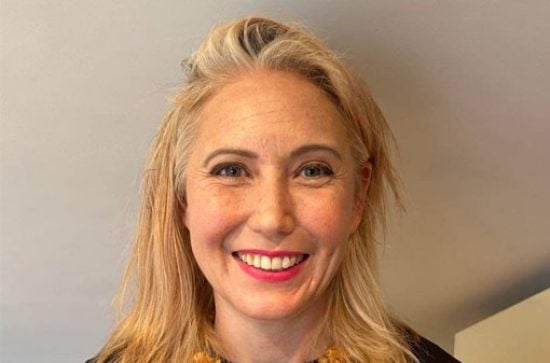
Academic
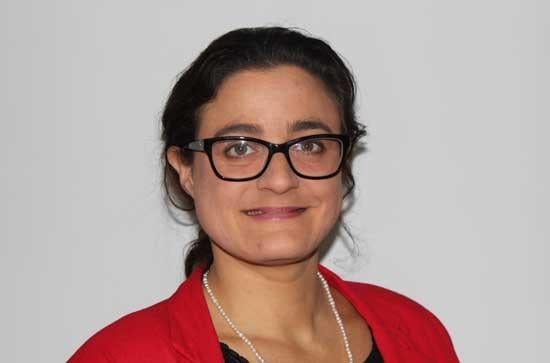
Academic
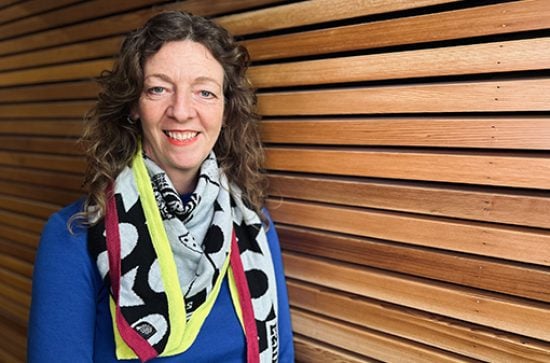
Academic
Department of Media Studies
Department of Motherhood Project
Department of Faculty of Arts and Humanities
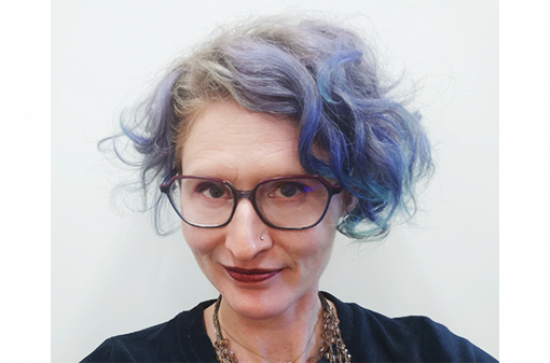
Academic
The compulsory module Critical and Creative Media Research, lays the foundation for the programme in Semester One, building key skills for conducting media related research. This is followed by a second compulsory module Media Theory in second semester which provides the theoretical spine that underpins the subject.
All other modules during semesters one and two are elective. Students have the freedom to choose individual routes through the programme by selecting from our range of modules or by following one of our 3 pathways: Creative Media, Society and Justice, and History and Culture. Students may also take a number of media-related modules from across a range of other subjects available at MU.
Online application only. To make an application please click here.
To apply for your chosen postgraduate study at Maynooth University, please ensure you have the following documents to make an application:
- Evidence of your primary degree
- Academic transcripts
- A copy of your passport
- A personal statement
Applicants for whom English is not their first language are required to demonstrate their proficiency in English in order to benefit fully from their course of study. For information about English language tests accepted and required scores, please see here. The requirements specified are applicable for both EU and International applicants.


